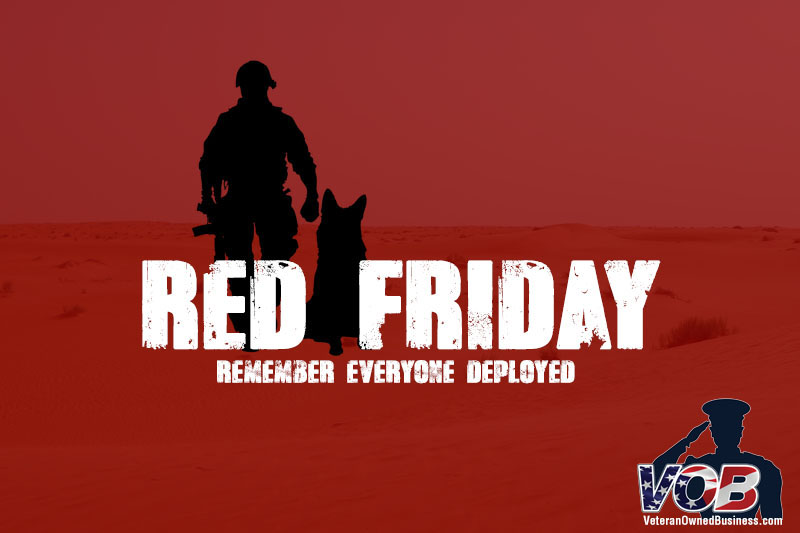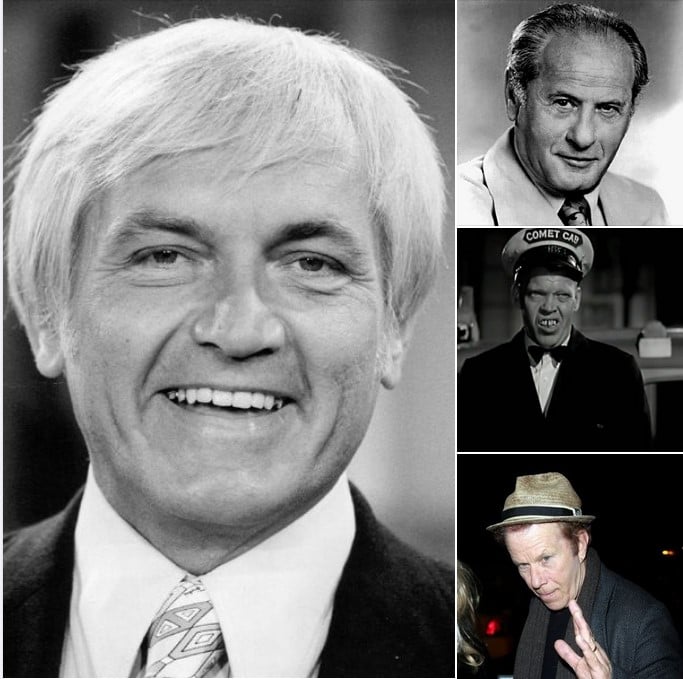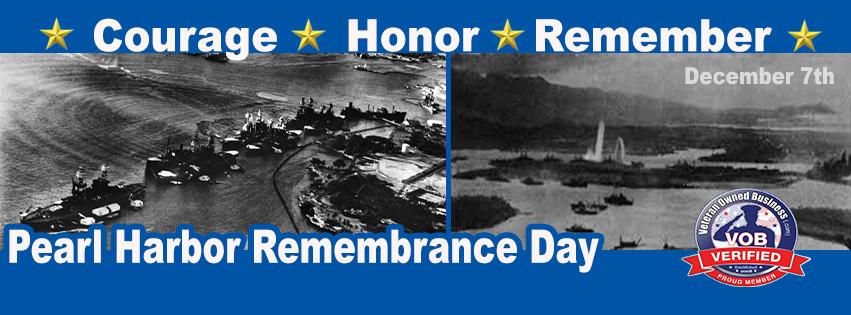July 29th Marks the 237th Anniversary of the Army Chaplain Corps
 History of the United States Army Chaplain Corp
History of the United States Army Chaplain Corp
The Odyssey of Relocation
The U.S. Army Chaplaincy provides religious support to America’s Army while assisting commanders in ensuring the right of free exercise of religion for all Soldiers. In short, we nurture the living, care for the wounded, and honor the fallen.
Since July 29, 1775, approximately 25,000 Army Chaplains have served as religious and spiritual leaders for 25 million Soldiers and their Families. From military installations to deployed combat units and from service schools to military hospitals, Army Chaplains and Chaplain Assistants have performed their ministries in the most religiously diverse organization in the world. Always present with their Soldiers in war and in peace, Army Chaplains have served in more than 270 major wars and combat engagements. Nearly 300 Army Chaplains have laid down their lives in battle. Six have been awarded the Medal of Honor. Their love of God, Country and the American Soldier has been a beacon of light and a message of hope for all those who have served our nation. Currently, over 2,900 Chaplains are serving the Total Army representing over 130 different religious organizations.
“The U.S. Army Chaplain School was created out of a need to adequately train chaplains to staff the large military force which the United States was creating in 1917, for service in World War I. The plan for the school was developed by Chaplain (MAJ) Aldred A. Pruden. On 9 February 1918, the Department approved Chaplain Pruden’s plan and the first session of the Chaplain School commenced on 3 March 1918, at Fort Monroe, Virginia.
Chaplain Pruden was appointed as the school’s first commandant, and for this as well as his role in the development of the school, he deserves to be called the Father of the U.S. Army Chaplain School. For the second session, the school moved to Camp Zachary Taylor, Kentucky. This initial move, only one month after the first formal session at the school, was to be a prophetic one, since it began an odyssey of relocation.
To supplement the activities of the school in World War I, a subsidiary Chaplain School was created in France during early summer of 1918, and located near the headquarters of the A.E.F. (American Expeditionary Force) at Chaumont. In the general demobilization which followed the end of World War I, the Chaplain School suspended operations on 16 January 1919. It was reactivated on a permanent basis at Camp Grant, Illinois, in April 1920, with a staff of fifteen and student body of the same size.
It finally found a more or less stable home at Fort Leavenworth, Kansas, in the summer of 1924, where it would remain located for the next four years. By 1928, there were only 120 chaplains on active duty in the entire Army, and the school at Fort Leavenworth that same year trained only one Regular and eleven Reserve chaplains. The next step was an obvious one. The activities of the Chaplain School were suspended (although it was never officially inactivated), and would remain so until another war would again see the nation build up its military might and demand chaplains to minister to these forces.
The Chaplain School was reactivated in 1942 at Fort Benjamin Harrison, Indiana. Shortly thereafter it was moved to Harvard University, staying there until 1944, when it was transferred to Fort Devens, Massachusetts, where it finished out the war. After World War II it was located at Fort Oglethorpe, Georgia, and at Carlisle Barracks, Pennsylvania, from 1945 to 1951.
From 1951 to 1979 the Chaplain School was situated at four posts in the New York City area: Fort Slocum (1951-1962; Fort Hamilton (1962-1974); Fort Wadsworth (1974-1979); and Fort Monmouth, New Jersey (1979-1995).The sixteenth move came in 1996, when the Chaplain School came to its present home at Fort Jackson, South Carolina. Since the Army Reorganization of 1973, and the creation of the Training and Doctrine Command (TRADOC), the school has been officially called the U.S. Army Chaplain Center and School. The school is also the home of the Chaplain Corps since it was formally activated on 29 July 1986.










